Tool Test: Heavy-Duty Lathes
There are two clear winners in this group of smooth operators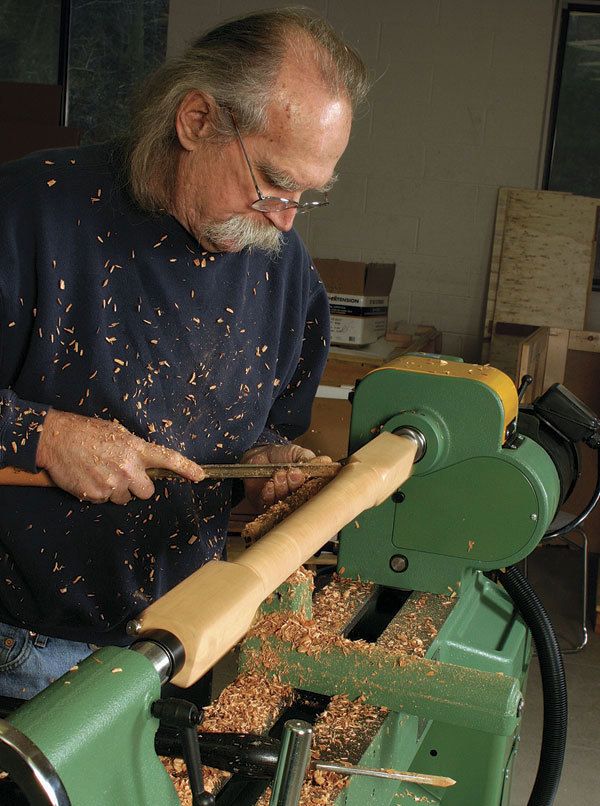
Synopsis: As interest in wood turning has grown, the lathes on the market have grown more sophisticated. Today’s crop of heavy-duty lathes typically comes with electronic speed control, a 16-in. or 20-in. swing, a bed measuring 42 in. between centers, beefier spindles, and the torque needed to turn large workpieces. Turner Andy Barnum tested seven heavy-duty lathes ranging in price from $1,200 to $3,200, measuring them for ease of speed control, vibration, lathe movement, power, tool-rest design, and ease of adjustment for outboard turning. He evaluated the tailstocks and live centers, and tested how each lathe performed both on small and large workpieces. In the end, two clear winners emerged.
Models tested include: General 25-650; Grizzly G0456; Jet JWL-1642-EVS-2; Nova DVR-XP; Nova 1624-44; Powermatic 3520B; Rikon Woodfast Series 70-500.
Interest in wood turning has exploded in the last decade, with artisans producing bowls, vases, and sculpture in every shape and size imaginable. Manufacturers have steadily upgraded their lathes to meet the demands of contemporary turners.
The latest crop of heavy-duty lathes typically comes with electronic speed control, a 16-in. or 20-in. swing (the largest bowl blank the machine can accommodate), a bed measuring 42 in. between centers, plus beefier spindles and the torque needed to turn large workpieces. Prices range from $1,200 to $3,200.
These machines hit the bull’s-eye in the world of lathes. Above this class, you get machines sized and priced strictly for the pros; below, you get much less lathe—one with less horsepower, a smaller spindle, or a smaller swing.
These lathes have enough power and capacity to satisfy the bowl-turning enthusiast. At the same time, they probably aren’t too beefy or expensive for the woodworker who uses a lathe to make legs, stretchers, and balusters. These lathes are good choices if you’re a first-time buyer or are looking to upgrade.
I tested seven lathes, including new models from Nova and Rikon (we outfitted the Nova models and the Powermatic with bed extensions to give them the same capacity as the others). Oneway wasn’t represented because it doesn’t make a lathe comparable in size and price with the others I tested. Delta wasn’t able to provide its 46-755X lathe for testing. All seven models tested served well for spindle turning, but some performed better than others when it came to turning large bowls, platters, and hollow vessels.
Measuring performance
The lathe is a unique woodworking machine. You don’t push the workpiece into the path of a spinning bit or blade. Instead, you manipulate a handheld cutting tool as the wood spins, so your skill largely determines the final quality of the work.
From Fine Woodworking #191
For the full article, download the PDF below:
Fine Woodworking Recommended Products
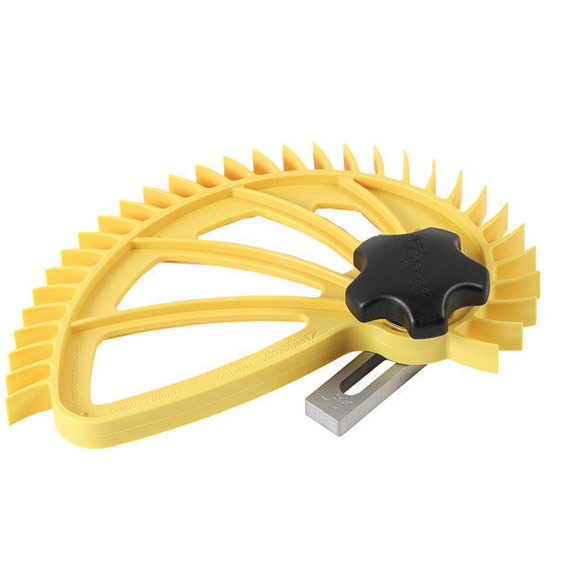
Hedgehog featherboards
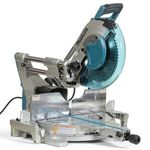
Makita LS1219L Miter Saw
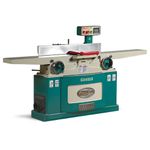
Grizzly G0495X Industrial Helical Cutterhead 8-in. Jointer
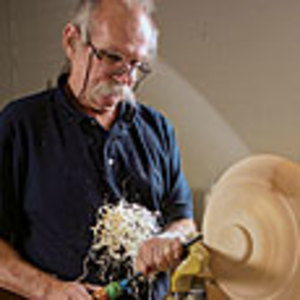












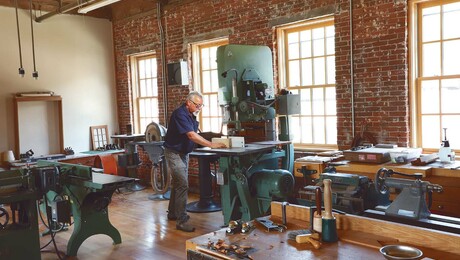







Log in or create an account to post a comment.
Sign up Log in